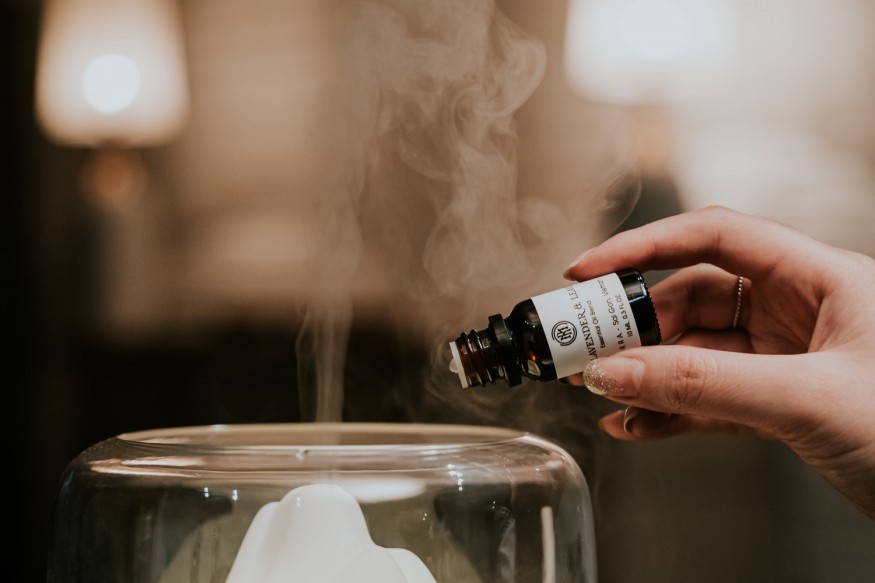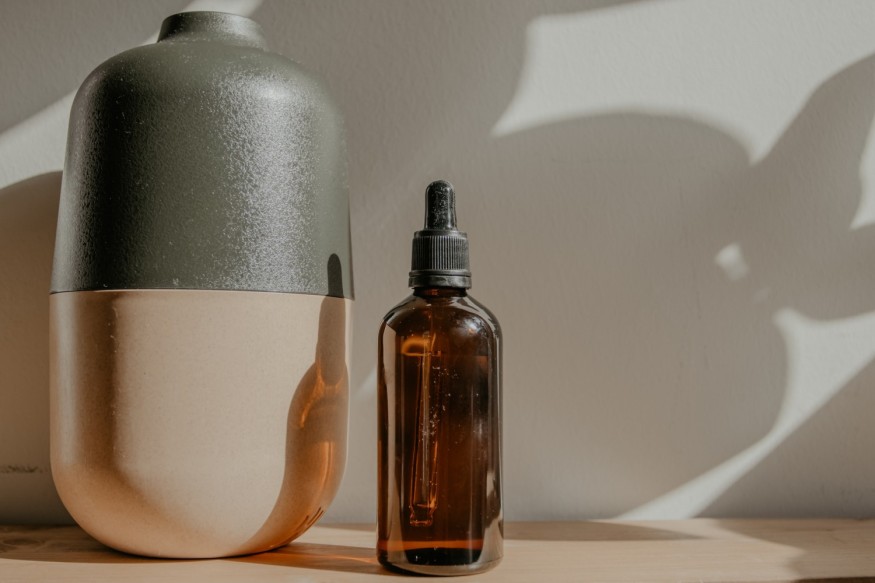
Using aromatic plant materials for therapeutic effects is known as aromatherapy. A growing number of people are interested in using essential oils, while some question whether or not they provide any real health advantages. In this article, we'll explore whether there is some truth in the claim that they can improve our health and well-being and how the diffuser can come in handy.
How Exactly Do Essential Oils Work?
Many ancient civilizations, including the Egyptians, Greeks, and Romans, used aromatherapy to treat various ailments. In these cultures, essential oils served dual functions in healthcare and ceremonial practice. Aromatherapy is gaining popularity again as a complementary treatment for a variety of health problems. It also can be used as disease prevention.
Oils have physiological and psychological benefits, that's why this method works. Aromatic oils are chemical molecules that, when inhaled, stimulate the brain and the body through the olfactory system. Aromatic compounds are used to extract the pure plant extract, which is subsequently distilled to produce a highly concentrated liquid. These chemicals, which give plants their unique aromas, are believed to play a protective role.
Several active components of essential oils have been demonstrated to have antibacterial, antiviral, antifungal, and anti-inflammatory activities. They have been investigated for their therapeutic potential for millennia. By being absorbed into the circulation and interacting with the endocrine and brain systems, these oils have a beneficial influence on one's physical and mental health when applied to the skin or inhaled.
In aromatherapy, oils can be used in a number of different ways, such as:
Being inhaled straight from the bottle;
Being mixed with water in a diffuser like this one https://nygex.uk/p/ultrasonic-air-humidifier-essential-oil-aroma-diffuser to fill a whole space with aroma;
Oils can be administered topically either neat (without carrier oil) or blended with another oil.
Diffuser for Essential Oils
Most often, essential oils are diffused for therapeutic purposes. Using aromatherapy in this way is a quick and easy approach to improve your everyday well-being. Many diffusers are available, each with its own method for distributing oils. Here are some of the most typical examples:
Essential oils are dispersed into the air by ultrasonic diffusers, which use high-frequency vibration to pulverize the oils into tiny particles;
Thin mists of oil are dispersed in nebulizing diffusers using a nebulizer;
A fan in an evaporative diffuser circulates air across the wick, evaporating the oil;
Essential oils can be dispersed around the room with the help of a heat diffuser, which uses the oils' evaporation to do the job.
The therapeutic advantages of aromatherapy can be amplified with the help of some diffusers' extra functions, such as LED lights or sound treatment. In general, using them at home is a simple and efficient method for reaping aromatherapy's rewards in the privacy of your own space.

Positives of Using a Diffuser
The use of a diffuser has several advantages beyond just generating a pleasing odor. Some of the perks of putting it to use at home or in the office include:
Oils have been found to have antibacterial characteristics, which can contribute to air purification and enhance respiratory health. When essential oils are diffused in the air, they can help reduce the severity of asthma attacks, allergies, and other respiratory problems;
Several oils have sedative or soothing properties that make them useful instruments for enhancing sleep quality. Essential oils such as lavender, chamomile, and bergamot are known to aid in relaxation;
Cognitive abilities such as memory, attention, and concentration are enhanced. Oils such as peppermint, rosemary, and lemon have been shown to improve mental sharpness;
Uplifting one's disposition is possible thanks to oils' ability to stimulate the brain's limbic system, which regulates emotional responses. Citrus, jasmine, and ylang-ylang oils, in particular, have been shown to have a positive effect on mood and general mental health.
Using a diffuser is an all-around healthy and efficient approach to enhancing your life. Moreover, you can use it to help you unwind, get a better night's sleep, increase your brainpower, or simply create a more pleasant environment in your house.
Conclusion
As a result, essential oils have been utilized for centuries for their medicinal properties in alternative medicine, and there is evidence to support their efficacy in improving physical and mental health. The size, capacity, and noise level of a diffuser should all be taken into account while shopping for the ideal one. A relaxing and rejuvenating environment can be created by learning how they function and selecting the best type for your requirements. Any first-time users should see a medical professional first.












